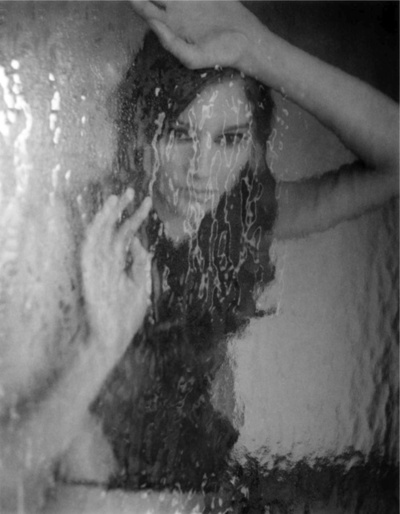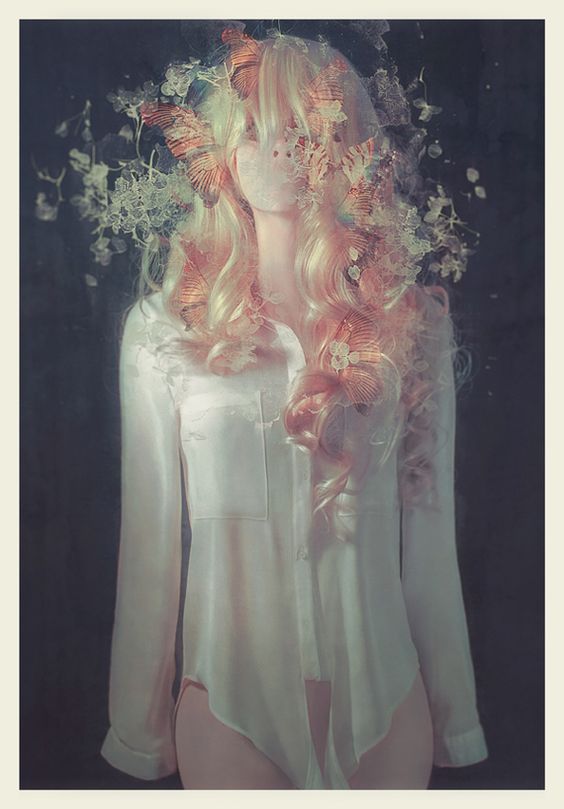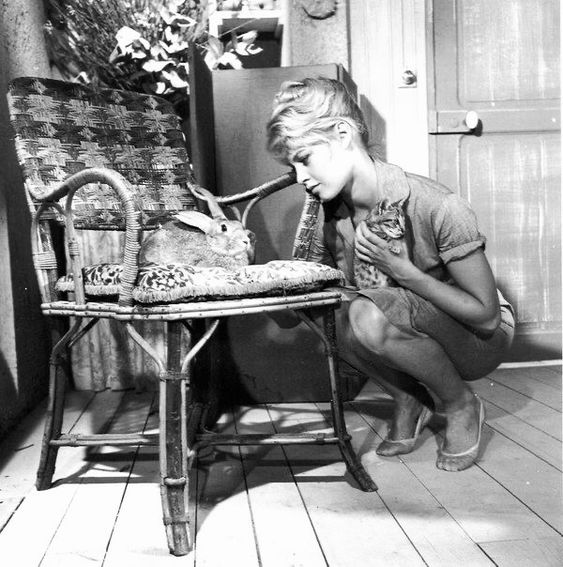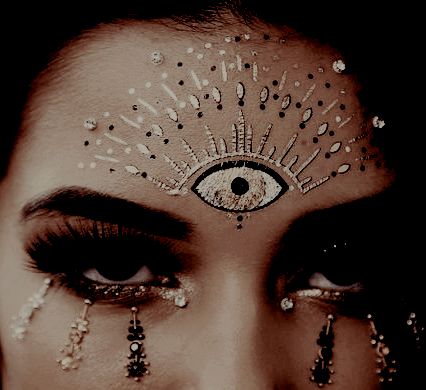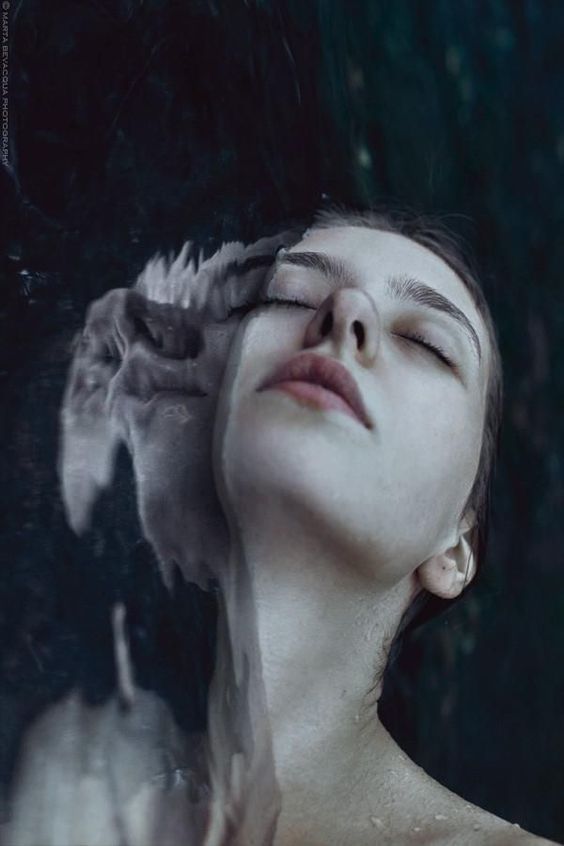 Carl Jung was a prominent Swiss psychiatrist and psychoanalyst who made significant contributions to our understanding of the human mind. One of his ideas was the concept of the “unconscious” and the “ego.” According to Jung, the unconscious mind contains powerful and often hidden elements that influence our thoughts and behaviors. In contrast, the ego represents our conscious awareness and rational thought. Jung believed that individuals with a powerful unconscious but a feeble ego were predisposed to developing schizophrenia. Schizophrenia is a complex mental disorder characterized by a loss of reality perception, including symptoms like hallucinations, delusions, and disorganized thinking. In Jung’s view, the distinction between a “normal” person and someone with severe mental illness depended on whether the unconscious elements completely overwhelmed the conscious awareness.
Carl Jung was a prominent Swiss psychiatrist and psychoanalyst who made significant contributions to our understanding of the human mind. One of his ideas was the concept of the “unconscious” and the “ego.” According to Jung, the unconscious mind contains powerful and often hidden elements that influence our thoughts and behaviors. In contrast, the ego represents our conscious awareness and rational thought. Jung believed that individuals with a powerful unconscious but a feeble ego were predisposed to developing schizophrenia. Schizophrenia is a complex mental disorder characterized by a loss of reality perception, including symptoms like hallucinations, delusions, and disorganized thinking. In Jung’s view, the distinction between a “normal” person and someone with severe mental illness depended on whether the unconscious elements completely overwhelmed the conscious awareness.
Astrologers look for specific astrological placements that may indicate a predisposition to a weak ego, such as a strongly aspected Neptune (associated with dreams, illusions, and the subconscious) and planets in the 12th house (traditionally linked to hidden or unconscious matters). Jung believed that mental illness was, in part, a loss of will and that patients could potentially recover by regaining their sense of willpower. He sometimes discharged patients with the belief that they would recover by being thrown into a swimming pool and learning to swim. This approach underscores Jung’s emphasis on the importance of self-empowerment and personal transformation in the process of healing.
The outer planets Uranus, Neptune, and Pluto are said to have a significant impact on the lives of people diagnosed with schizophrenia. These planets are often associated with transformative experiences and unconventional behaviors. In the context of schizophrenia, they are described as potentially contributing to symptoms such as defiance, bizarre behavior, hallucinations, low self-esteem, substance abuse, suicidal ideation, and manipulative tendencies.
Now, according to Jung, the only thing separating regular folks from those dealing with severe mental illness is whether the wild and untamed fragments of their subconscious have wrestled control over their conscious minds.
Some researchers have observed that individuals with schizophrenia may possess above-average intellectual abilities. However, this doesn’t imply that all individuals with high IQs will develop schizophrenia, nor that all individuals with schizophrenia are exceptionally intelligent. The case of John Hinckley, who was diagnosed with schizophrenia, illustrates the importance of distinguishing between mental illness and intellectual capacity. His physician’s statement that Hinckley was “mad not stupid” underscores the fact that individuals with mental illness can still have cognitive abilities and intelligence, but their condition affects their perception of reality and behavior.
The connection between the unconscious mind and mental illness, as proposed by Carl Jung, is a psychological concept. Jung suggested that the unconscious mind plays a significant role in mental health issues, and individuals may struggle to confront and integrate unconscious aspects of themselves. This idea is metaphorically likened to being asleep while loved ones try to awaken you, creating a nightmarish experience for both the individual and those around them.
The twelfth house in astrology traditionally represents the hidden or unconscious aspects of an individual, as well as areas that require acknowledgment and integration. It has also been linked to places of confinement, like hospitals and asylums, where individuals dealing with mental illness or substance abuse often seek assistance and support. The theory put forth by R.D. Laing in his book “The Divided Self” suggests that schizophrenics may act as a voice for societal issues that others may ignore or deny. This theory highlights the complexity of mental illness and its potential connection to broader societal issues, emphasizing the need for compassion and understanding when dealing with individuals who are affected by such conditions.
Repressed Psychic Contents
In astrology, the twelfth house is associated with hidden or subconscious aspects of the self. When these repressed emotions, memories, or thoughts begin to surface, it can lead to a range of psychological experiences, including hallucinations, confusion, and delusions that distort an individual’s perception of reality. Forgotten or repressed information from the past, as well as deeply buried aspects of one’s nature, can resurface when the twelfth house is activated in an individual’s birth chart. This can be a complex and often challenging process, as it involves confronting aspects of oneself that have been pushed into the unconscious mind.
Individuals born under a powerful Neptune, the sign of Pisces, or with a strong emphasis on the twelfth house in their astrological chart are believed to have a heightened connection to the unconscious mind and its symbolism. This heightened connection may manifest as a special talent for working with the unconscious through visual arts, such as painting, photography, drawing, sculpture, and other creative forms. In therapeutic settings, these artistic expressions are sometimes used to establish rapport between the client and their unconscious, allowing for exploration and healing.
People with a powerful Neptune in their horoscopes are often described as highly sensitive, empathetic, creative, and spiritually attuned. Neptune’s influence can lead to a deep connection with the mystical and spiritual aspects of life. However, Neptune also has a disorderly side, symbolized by its thick cloud that can obscure clarity and lead to confusion or escapism. When Neptune is at play it underscores the idea that excessive Neptune influence can make it challenging to maintain a clear and grounded perspective on reality. Some individuals may turn to coping mechanisms like drugs, television, or alcohol to deal with the disorienting effects of Neptune’s influence.
So, picture this: the floodgates of your unconscious mind, they open up like a dam bursting, yeah? It’s like all those repressed thoughts and feelings are just itching to come out, and where do they come from? The twelfth house, apparently. It’s this mystical realm in the astrological charts where all the hidden stuff hangs out. When that stuff starts coming to the surface, you can get hit with hallucinations, confusion, and delusions that mess with your grip on reality. Now, here’s where Neptune and Pisces come into play. Neptune’s this dreamy, foggy planet, right? It’s got this ethereal vibe, but it can also lead you down the rabbit hole, making it easy to lose sight of what’s real. And if you’ve got a powerful Neptune or Pisces influence in your chart, well, you might be a creative genius, deeply in touch with your spiritual side, and incredibly empathetic. But there’s a flip side – that same Neptune cloud can make it easy to get lost in your own illusions. You know how it is, mate. Sometimes, we all want to escape from the harsh realities of life. Some folks turn to drugs, others to binge-watching TV, and some to the bottom of a bottle. But the key here is that most of us don’t completely check out. We’re still tethered to reality, even if it’s by a thread. We might get lost in the daydreams, but we eventually come back to the land of the living.

